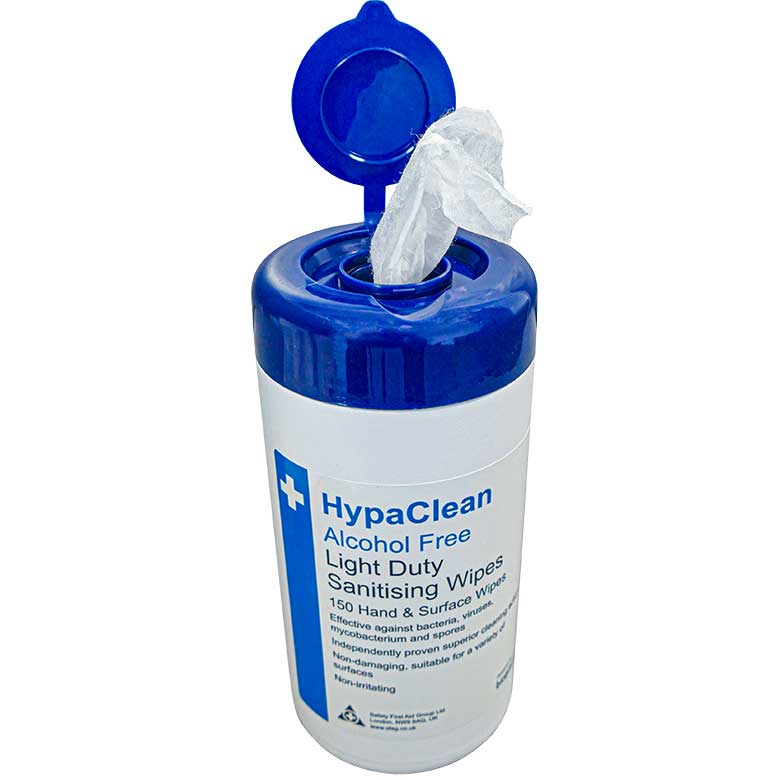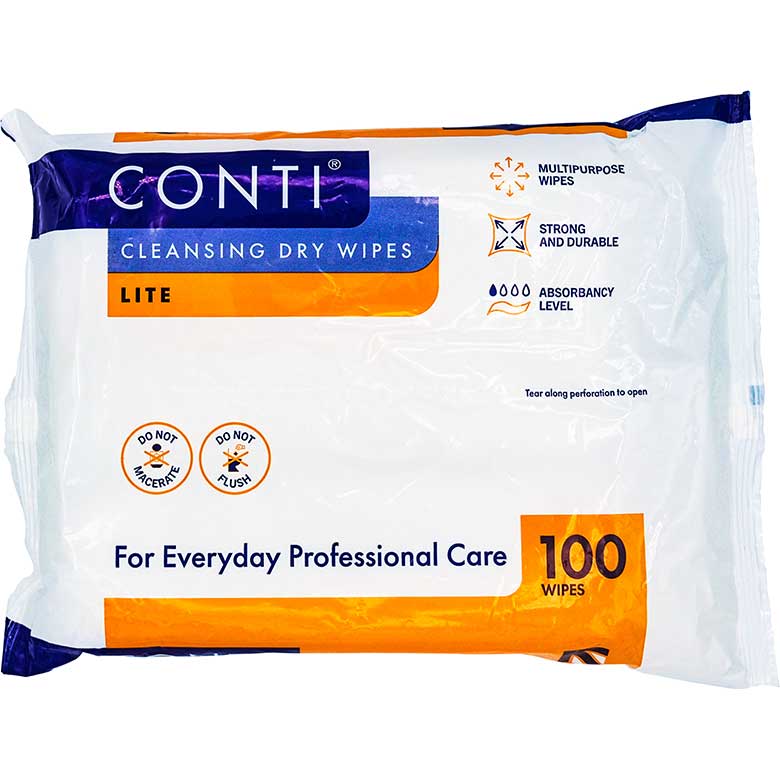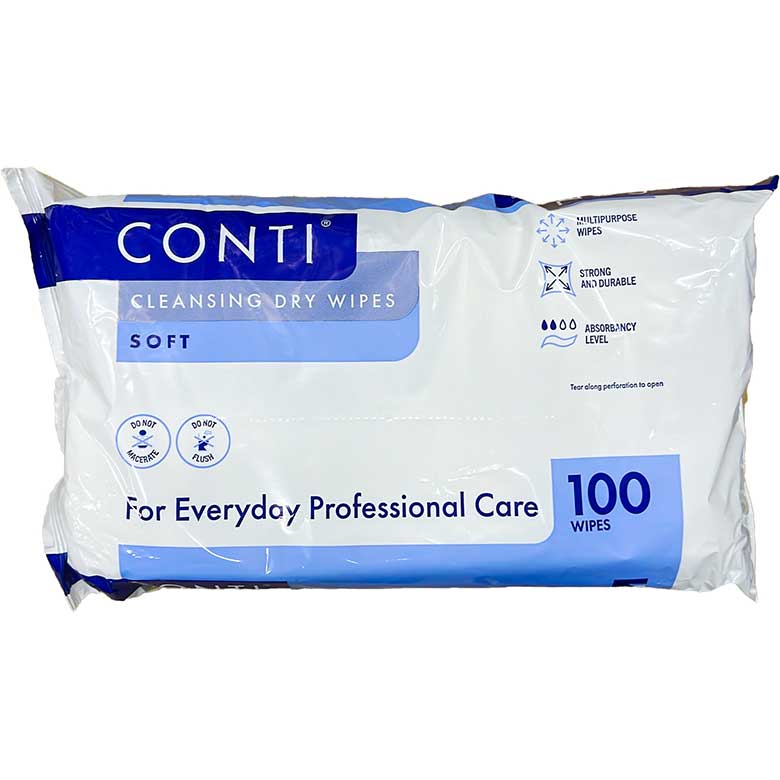
When using a wipe in first aid it is important to make sure that it is appropriate for the task at hand, as you could end up doing more harm than good, particularly if you were to use a disinfectant wipe on someone’s skin.
Antibacterial wipes for skin
Antibacterial hand wipes are specially designed to fight bacteria on your skin, by using gentler chemicals. In some cases, they may even have products infused in them to make your skin healthier, for example Aloe can prevent cracked skin.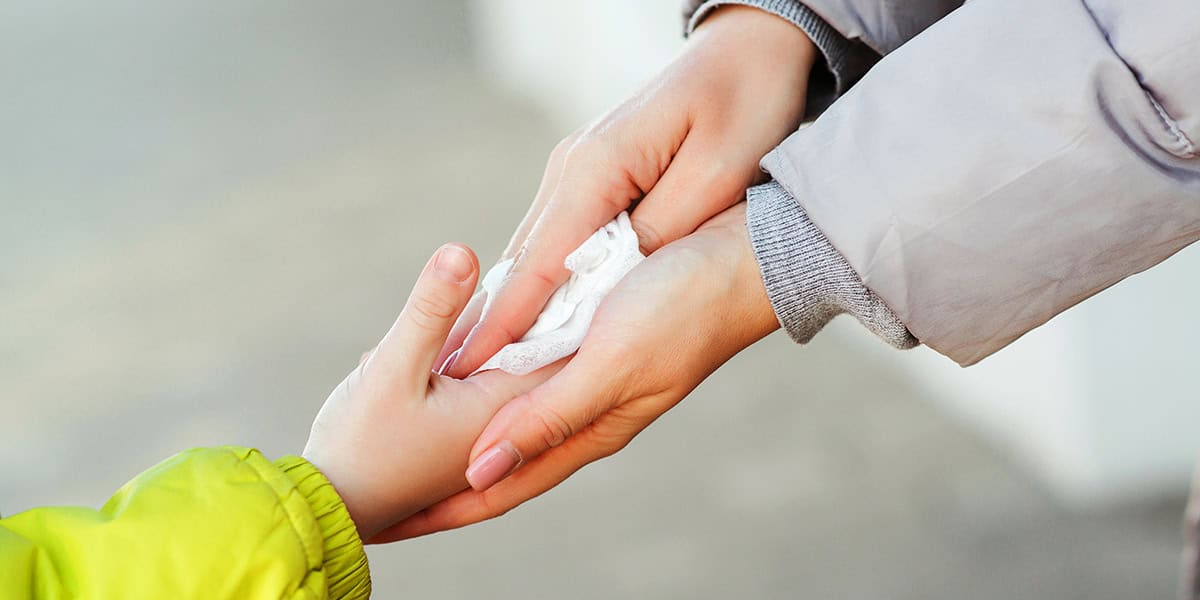
Wound cleansing wipes
When cleaning a wound it is important to make sure that any wipes you are using are alcohol free. Alcohol might be good for disinfecting surfaces; however, it is not healthy to use for disinfecting wounds as it damages the tissue and can even slow down the healing process.Antibacterial wipes shouldn’t be used for cleaning wounds, even if they are specifically designed for the skin. This is because the chemicals that are found on these wipes may react badly and damage the skin around your wound.
Ensure that the wipes that you are using are sterile as this will provide you with a lower chance of infection.
Can you use surface wipes on skin?
Generally, it will depend on the wipes being used as it is the chemicals that are found on them that can be bad for your skin. Disinfectant wipes in particular can cause bad reactions when used on skin because they irritate and damage healthy particles with their harsh chemicals.When looking for surface wipes that can double as skin wipes, always make sure that the packaging claims to be safe for skin or able to be used on both. If a wipe is safe to use on your skin, it will say so like the HypaClean Light Duty Sanitising Wipes. If not, don’t use it for anything other than surfaces.
Antibacterial Surface Wipes
Antibacterial wipes are a quick and effective way of wiping down surfaces due to their ability to fight germs and bacteria. The wipes used for surfaces tend to have harsher chemicals than the ones for your skin, which is why they can cause irritation and blotchy, red skin.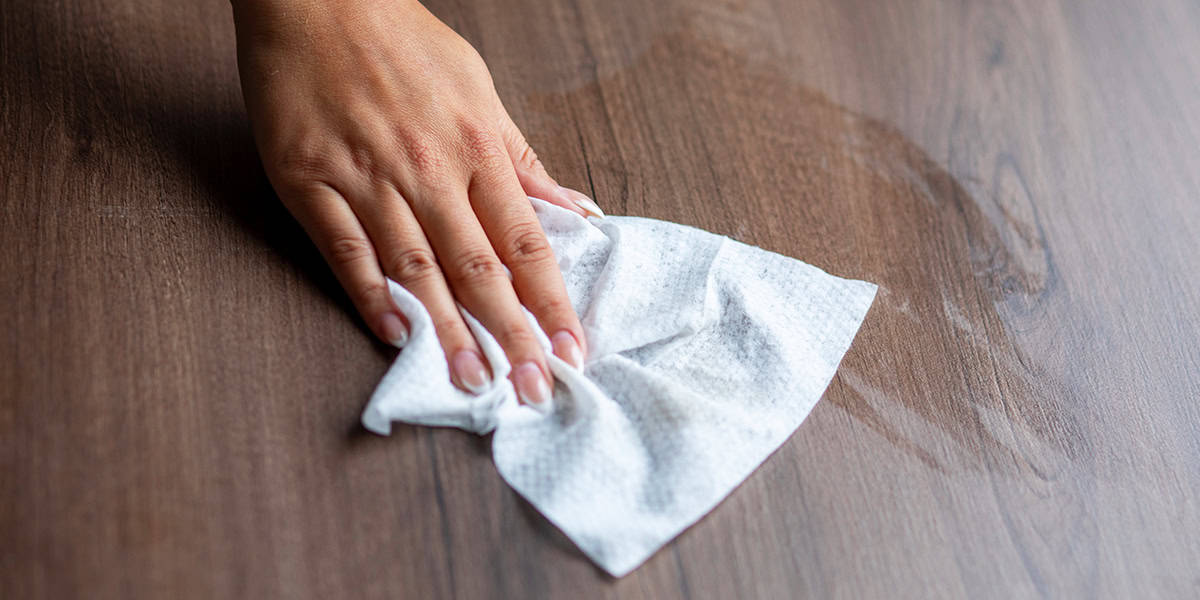
Can you use skin wipes on surfaces?
Using antibacterial hand wipes on surfaces could actually lead to damage dependent on the surface, as some will have a bad reaction to the chemicals. Make sure to check the label before using antibacterial wipes for anything other than their intended use.The chemicals used on antibacterial hand wipes are not made for ingesting. It is fine for them to be on your skin, but they aren’t supposed to be used on open wounds or in your mouth. As such, it is important to be mindful of the surface that you are wanting to use the wipes on to ensure that the chemicals will not go near a food source, or an object that a child may put in their mouth.
Are all surface wipes antibacterial and antiviral?
Not all surface wipes will be antibacterial and antiviral because as previously stated that can cause damage to certain surfaces such as wooden flooring with prolonged use.It is also common for wipes to only be antibacterial surface wipes or antiviral surface wipes. Some will be more effective on bacteria, while others will be more effective on viruses, dependent on the chemicals that have been used in their manufacture.
If you are looking for surface wipes that are both antibacterial and antiviral, check the packaging to make sure that the brand you are using has both.
What is the difference between surface wipes and skin wipes?
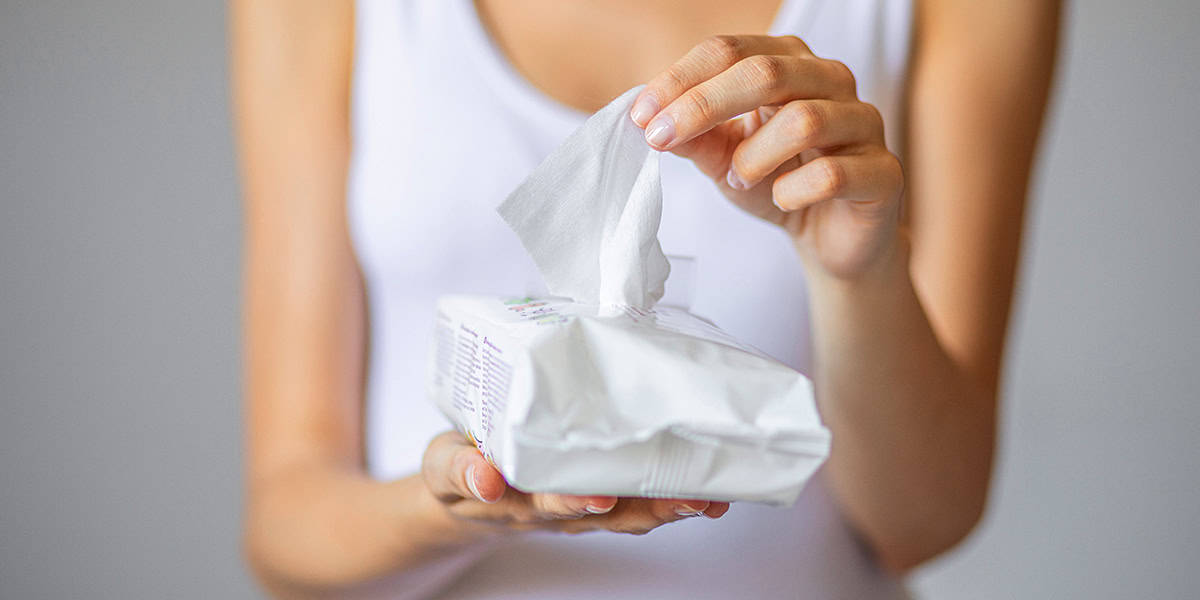
The main difference between skin and surface wipes are the chemicals used and the tests that they will undergo to make sure that they are safe for public use.
Skin wipes have gentler chemicals, ones that are more suited to being placed directly onto the skin and will be absorbed quickly. They have to be dermatologically tested to ensure that there will be little to no adverse reactions during use and can sometimes include products such as aloe which will soothe and heal broken skin.
Surface wipes, however, tend to contain harsher chemicals and sometimes detergent to strip the surfaces of any microorganisms, bacteria and viruses that have been left on the surface. They tend to be more effective the longer the solution remains on the surface and can take longer to work than hand wipes.
| Skin Wipes | Surface Wipes |
|
|
|
|
|
|
|
|
|
|
|
|
|
|
|
|
|
|
Use the right wipes for each situation
It is important that you use the right wipe for the situation you are in, so remember to always check the chemicals and recommendations that are on the packaging. For example, when cleaning a wound ensure that it is an alcohol-free saline wipe that you are using, whereas if you are wiping a kitchen surface, a sanitising or disinfectant wipe would be best.If you are using wipes on your skin, it is essential to check whether the wipe is safe and has been dermatologically tested. Or you could end up with broken, painful skin within minutes of use.
Our Wipes
Read our other blogs for more information on first aid or contact us for further advice and information on our products.
By Sarah Mason
Explore more:


